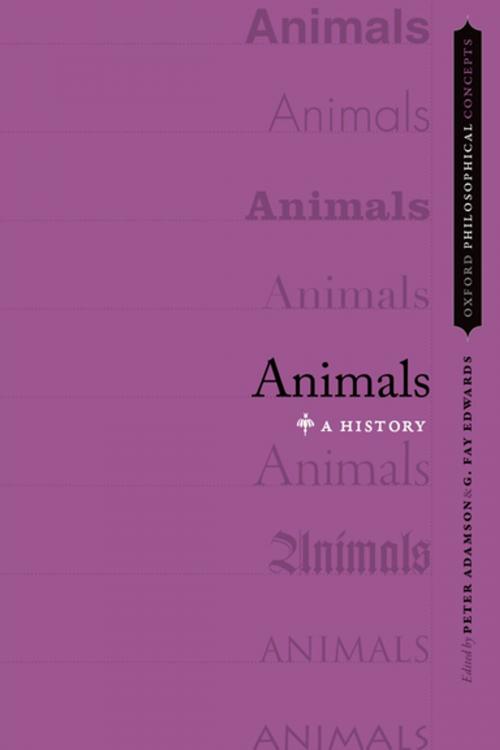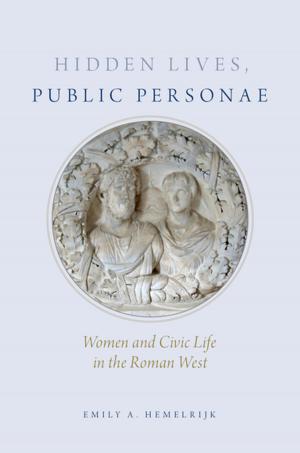Animals
A History
Nonfiction, Religion & Spirituality, Philosophy, History, Criticism, & Surveys, Ethics & Moral Philosophy| Author: | ISBN: | 9780190873868 | |
| Publisher: | Oxford University Press | Publication: | May 10, 2018 |
| Imprint: | Oxford University Press | Language: | English |
| Author: | |
| ISBN: | 9780190873868 |
| Publisher: | Oxford University Press |
| Publication: | May 10, 2018 |
| Imprint: | Oxford University Press |
| Language: | English |
Philosophical controversy over non-human animals extends further back than many realize -- before Utilitarianism and Darwinism to the very genesis of philosophy. This volume examines the richness and complexity of that long history. Twelve essays trace the significance of animals from Greek and Indian antiquity through the Islamic and Latin medieval traditions, to Renaissance and early modern thought, ending with contemporary notions about animals. Two main questions emerge throughout the volume: what capacities can be ascribed to animals, and how should we treat them? Notoriously ungenerous attitudes towards animals' mental lives and ethics status, found for instance in Aristotle and Descartes, are shown to have been more nuanced than often supposed, while remarkable defenses of benevolence towards animals are unearthed in late antiquity, India, the Islamic world, and Kant. Other chapters examine cannibalism and vegetarianism in Renaissance thought, and the scientific testing of animals. A series of interdisciplinary reflections sheds further light on human attitudes towards animals, looking at their depiction in visual artworks from China, Africa, and Europe, as well as the rich tradition of animal fables beginning with Aesop.
Philosophical controversy over non-human animals extends further back than many realize -- before Utilitarianism and Darwinism to the very genesis of philosophy. This volume examines the richness and complexity of that long history. Twelve essays trace the significance of animals from Greek and Indian antiquity through the Islamic and Latin medieval traditions, to Renaissance and early modern thought, ending with contemporary notions about animals. Two main questions emerge throughout the volume: what capacities can be ascribed to animals, and how should we treat them? Notoriously ungenerous attitudes towards animals' mental lives and ethics status, found for instance in Aristotle and Descartes, are shown to have been more nuanced than often supposed, while remarkable defenses of benevolence towards animals are unearthed in late antiquity, India, the Islamic world, and Kant. Other chapters examine cannibalism and vegetarianism in Renaissance thought, and the scientific testing of animals. A series of interdisciplinary reflections sheds further light on human attitudes towards animals, looking at their depiction in visual artworks from China, Africa, and Europe, as well as the rich tradition of animal fables beginning with Aesop.















